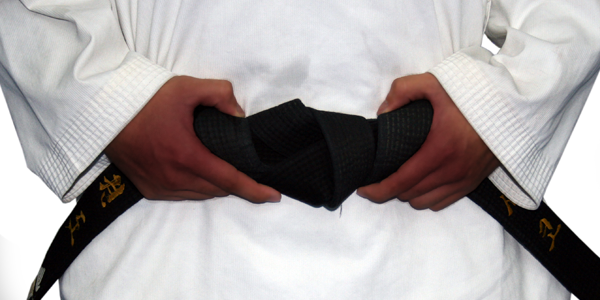I have always enjoyed Richard Foster’s Celebration of Disciplines, to me it is a book that can constantly cause us to push ourselves deeper and deeper into relationship with God.
One of the disciplines Foster talks about is Worship. On a mission trip with my youth this past summer we used these disciplines for our time of reflection for the week, and when we got to the end of the week we struggled together on what it means for worship to be a spiritual discipline.
How can we discipline ourselves when it comes to worship? Is it simply by going to worship, by being there? I think it goes deeper. Worship needs to be at the heart of everything we do. We often hear about prayer in this way, that our hearts should be constantly turned towards prayer. In that same notion, shouldn’t we also always be worshiping?
Worship is not only the weekly expression of our faith when we gather together, but it is at the heart of our spiritual journey. When we hear a song that moves us, should we not be moved? When we hear scripture, or see prayers answered, when we experience grace firsthand, are these not all moments that should cause us to worship our God.
We get so lost in structure of worship that our minds tell us worship only happens when we gather in a church setting. But worship is so much more than that; worship is allowing our God to work and move through us so that our very selves can be an example of worship. When we stop and praise or bow our heads in prayer, when we sing with a joyful noise, when we are stopped in our tracks by the mere awareness of the awesomeness of our God, we can be moved to worship.
I think of the experience of Miriam, Moses’ sister, who broke out in songs of worship with tambourines and dancing after crossing the red sea, as the perfect example of spontaneous worship. It is a wonderful example of what can happen when we let ourselves experience worship outside our traditional understanding and embrace worship as a discipline that we can experience at any given moment.
Janice is a Presbyterian Minister serving a church in Southern West Virginia. She has two beautiful daughters, Eleanor (Ella) and Lillian (Lily) and is married to Jay, the most talented and creative person she has ever met. Together they enjoy the outdoors and spending time together experiencing the creativity of God through the world around them.

